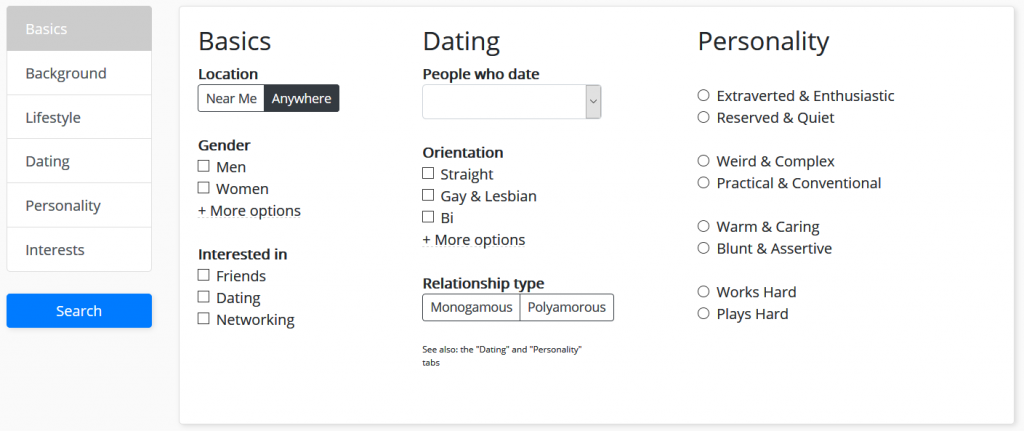Metta: Social Networking With The Web’s Best Personality Test

What do you get when you combine a psychology professor and social media?
No, really! A social network designed for ultra-specific, diverse personalities is no joke. This summer, Metta is the app to watch for anyone interested in meeting new friends, networking, or exploring your own personality.
The program features an incredibly in-depth personality test that allows users to build a profile and find new friends based on their results. While the app’s target audience is the California Bay Area (for now!) in order to build activity, anyone can join and get a head start on social media’s newest development.
I had the pleasure of speaking with psychology professor Vince Favilla, the creator of Metta, about the processes of creating and using this personality-based app.
Psych2Go: Where did you find the inspiration to create Metta?
Vince Favilla: Early social networks used to give people a lot more search options. That’s changed over the years and I think a lot of people would enjoy this functionality, since it’s great for meeting new people.
When we look at the major social networks, each fills a certain niche: Facebook is for keeping in touch with people you already know. Twitter is an open public discussion and it’s often used for chatting with members of the media. LinkedIn is for professional networking.
So where does someone go if they want to meet new friends? That’s what Metta is for.

P2G: What we are super interested in is how new technology impacts the psychology community. How do you hope Metta will have an impact, and what are you actively trying to do to achieve that?
VF: Since we encourage Metta users to add their friends, I think we might be able to learn more about what personality types are drawn to one other.
You can label each “friend” as a friend, relative, partner, or even your ex. As we get more people doing this, the user recommendations are going to get extremely accurate and helpful. Just think — around the world, you have several people who are practically clones of you, at least in terms of personality.
What if we looked at their best friends, or partners, and averaged out the personalities of those people? Then found people like that to recommend to you? I think people would have much richer social lives and deeper friendships.
P2G: Can you give a quick run through of what users can expect when they open the app for the first time? (And the second and third- what will keep users coming back?) Are there any special features you’d like to introduce in the future when there are more users?
VF: When you join, we instantly drop you into our personality test, which is based on the NEO-PI-R, a favorite in psychology for measuring the “big five” traits. After you answer enough questions, we’ll show you your results. A founding principle of our service is that we wanted to have the web’s most accurate and fully-featured personality test, and then build a social network on top of that. So the test itself is pretty remarkable. People are enjoying it.

After you see your results, you can fill out your profile, which has all the standard demographic questions like age, background, location, and so on. And, once your profile is all set up, you can start playing with the search filters — which are way more detailed than anything you’ve ever seen. Want to find a 6’2″ cheerful introvert who has dogs and enjoys hiking? Metta lets you do that!
To keep people coming back, we’re continuing to improve the social network. We opted to use the Twitter style of open discussion, rather than Facebook’s friends-only style. Early users who post a lot of status are going to gain a following, so now’s a great time to blaze a trail on our service.
Metta’s other planned features are top-secret, but obviously a native phone app is in our future. In the meantime, the web interface is still built to be as phone-friendly as possible.



It’s a good article. I’ve learned some but there are some contradiction about this. I think, basing one’s personality to what social media he/she is affiliated to is not constructive enough to build someone’s identity as for some people nowadays are always be behind a mask.